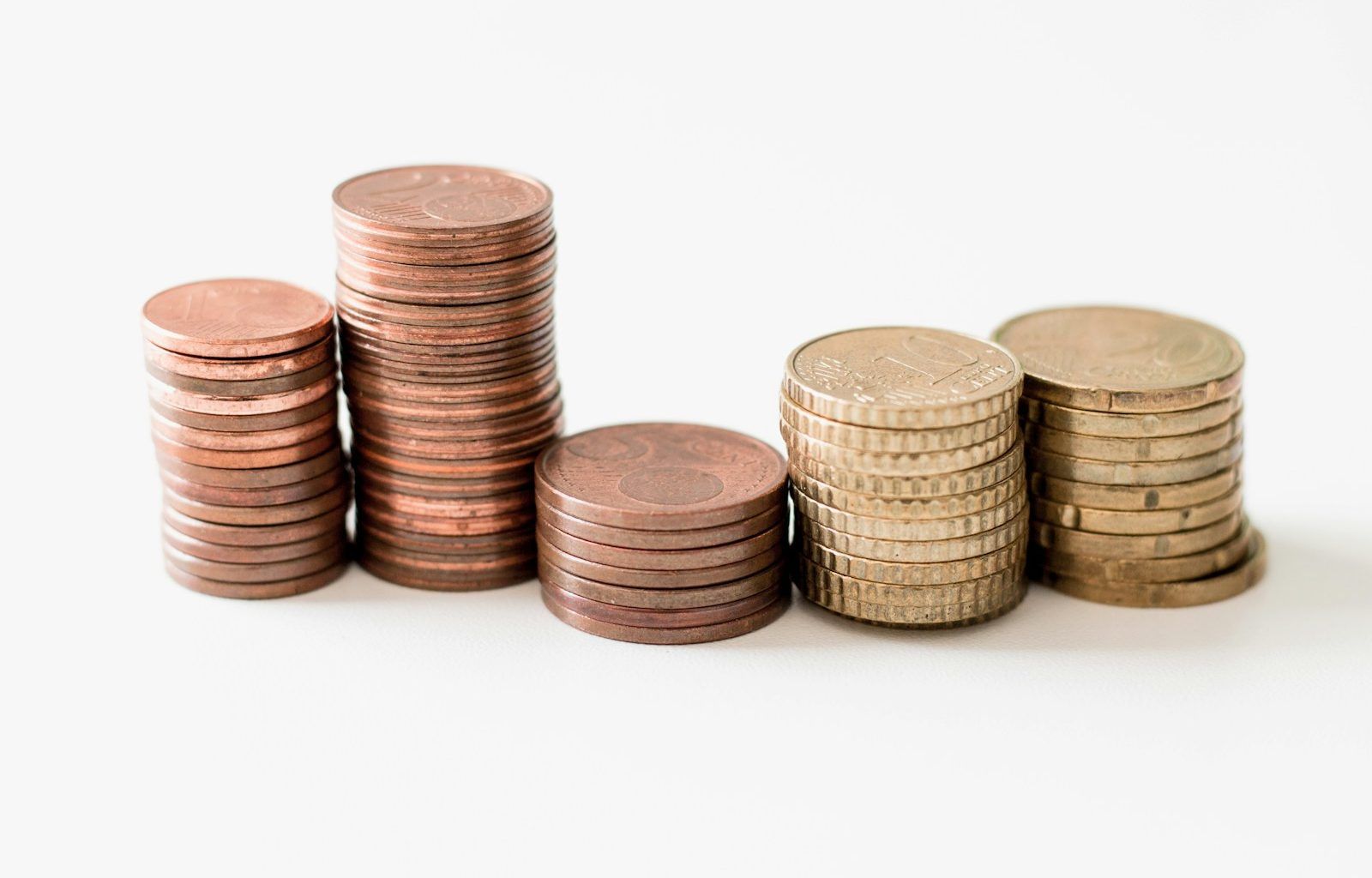Music production is an essential part of the music industry. While singers and songwriters often take the spotlight, producers work tirelessly behind the scenes to craft the soundtracks we all love. But this raises a common question: do music producers get royalties? If you’ve ever wondered how producers are compensated for their hard work, you’re in the right place. Let’s break it down in the simplest terms possible.
What Are Royalties in the Music Industry?
To understand whether producers get royalties, let’s first define what royalties are. Royalties are payments made to rights holders whenever their music is used. This includes streams, radio plays, live performances, and even use in TV shows or movies. Essentially, royalties are a way of compensating everyone who contributes to the creation of a song or album. Now, let’s talk about how this applies to music producers.
The Role of Music Producers
Music producers wear many hats. They guide the creative process, oversee recording sessions, and often contribute to the composition or arrangement of a track. Some producers even co-write songs with artists. Given the vital role they play, you might assume they automatically earn royalties. However, the truth is a bit more complicated. Their compensation largely depends on their agreements with the artists or labels they work with.
How Do Producers Typically Get Paid?
Music producers are usually paid in one of two ways: upfront fees or royalties. An upfront fee is a one-time payment for their work on a project. This is common for newer producers or those working on smaller projects. While it’s a straightforward way to get paid, it doesn’t offer long-term earnings.
Royalties, on the other hand, provide ongoing income. When a song they worked on earns money, the producer gets a share of that revenue. This can include mechanical royalties, performance royalties, or even a percentage of the artist’s income from the song. But securing these royalties requires proper agreements, which we’ll discuss next.
The Importance of Split Sheets and Contracts
For a producer to receive royalties, their role must be documented in a contract. Split sheets, for example, outline who contributed to a song and how the royalties will be divided. Without these agreements, it’s challenging for a producer to claim their fair share of earnings.
What Types of Royalties Do Producers Earn?
Producers can earn several types of royalties, depending on their agreements:
- Mechanical Royalties: These are earned from the reproduction of a song, such as album sales or streams.
- Performance Royalties: Generated when a song is played on the radio, at live events, or in public spaces.
- Producer Points: A percentage of the song’s revenue, often negotiated upfront.
- Sync Royalties: Earned when a song is used in movies, TV shows, or commercials.
How Do Producers Negotiate Royalties?
Negotiating royalties can be tricky, especially for newer producers. It often involves working with lawyers or managers to ensure fair terms. Many producers aim for points on a track, which typically range from 1% to 5% of the song’s revenue. While this may seem small, it can add up quickly, especially if the song becomes a hit.
Do Independent Producers Get Royalties?
Yes, independent producers can also earn royalties, but they face unique challenges. Without the backing of a major label, they must handle negotiations and legal agreements themselves. However, platforms like SoundExchange and services like PROs (Performance Rights Organizations) can help ensure they receive their earnings.
How Streaming Affects Producer Royalties
The rise of streaming services has changed the way royalties are distributed. With platforms like Spotify and Apple Music, revenue is generated from streams rather than physical sales. Producers can still earn a share, but the payout per stream is often lower than traditional sales. This makes securing a fair agreement even more critical.
Do Producers Get Royalties for Remixes?
Producers who create remixes may also be eligible for royalties. However, this depends on the agreement with the original artist or label. In some cases, remixers are paid a flat fee, while others negotiate a share of the royalties.
Common Challenges Producers Face
While royalties can provide long-term income, many producers struggle to claim their fair share. Challenges include:
- Lack of formal agreements
- Unclear royalty splits
- Difficulty tracking earnings
Tools and Resources for Producers
To overcome these challenges, producers can use tools like:
- Split Sheet Templates: To document contributions upfront
- Royalty Tracking Services: To monitor earnings
- Legal Advisors: To negotiate contracts
Final Thoughts: Do Music Producers Get Royalties?
Yes, music producers can and often do get royalties. However, their ability to earn these payments depends on having proper agreements in place. Whether you’re a new producer or an established professional, understanding the royalty system is crucial. By securing fair terms and using the right tools, producers can ensure they’re compensated for their hard work.
For further reading, explore these related articles:
- Exploring the Best Free Music Distribution App for Independent Artists
- Comprehensive Breakdown of Music Distribution Costs for Artists
For additional resources on music marketing and distribution, visit Deliver My Tune.






